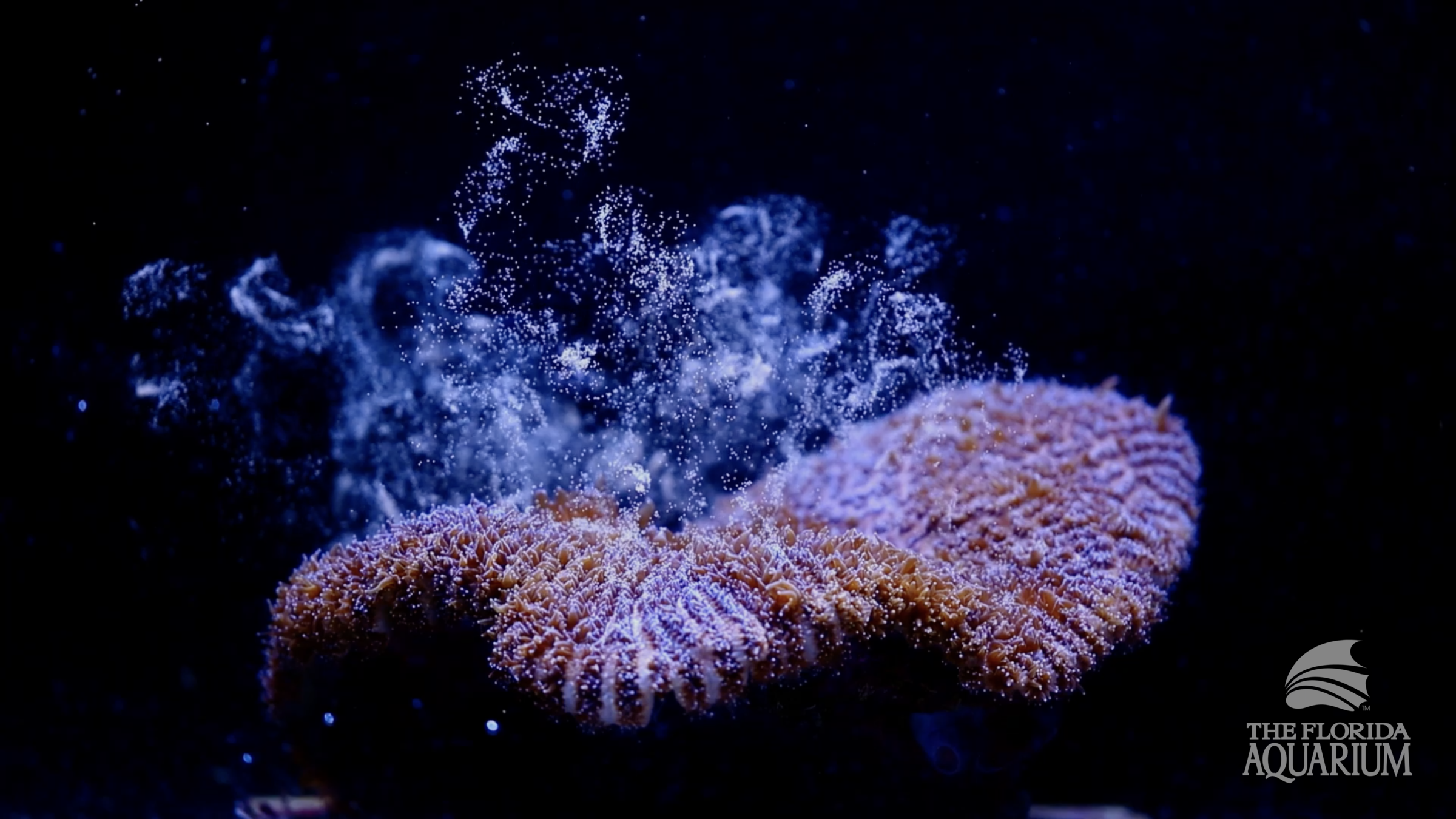10 Simple Techniques For A Salty Thumb - Reefs.com


Aquarium Planning for happy fish - Ocean Floor Aquariums Jacksonville FLOcean Floor Aquariums Jacksonville FL
In the Media - Neptune Memorial Cremation Reef Things To Know Before You Buy

Inform trainees they will enjoy a brief video about coral reef ecosystems. Before the video, ask trainees to pay attention to the number and variety of animals they see on the reef and the relationships in between the animals. After the video, check trainees' understanding. Ask: Do coral reef environments have high biodiversity? Explain.
What organisms did you see in the video? What examples of symbiotic relationships did you see in the video? Have students organize their desks in four different groups with space for eight to 10 trainees in each group. Task the Coral Reef Ecosystem illustration on the board so all students can see it.

Nickts40's 220G New Reef Build - Reef Central Online Community
If there is an odd variety of students, you will require to take part or have 2 trainees work as a pal set that counts as one trainee. Initially, arbitrarily distribute a set of Reef Creature and Reef Function cards to each trainee in a group. Do this for all 4 groups.
The "function" cards describe the functions and symbiotic relationships of different animals living on the reef. Ask students to carefully check out the details offered on their cards. Ask to re-read to make sure they know the material of their cards. Have students distribute the room in an organized manner.
See This Report on Joint Artificial Reef Subcommittees Meeting - Atlantic States
Each creature card matches only one role card. More Details think they have actually matched their cards correctly, validate their match. If they are not a match, have them rejoin the group till they find the right match. If they are a match, instruct them to remain together as a pair and go to among the 4 places and sit until the rest of the class is ended up.
Allow students to continue distributing till all pairs have correctly matched their cards and the pairs are in four various groups of around 8-10 trainees, or 4-5 sets, each. Assist trainees group themselves so that each area has a range of animals, not fish or invertebrates only. If needed, offer the pairs that ended up last some extra time to take a look at the Coral Reef Environment illustration and find their reef animal.
